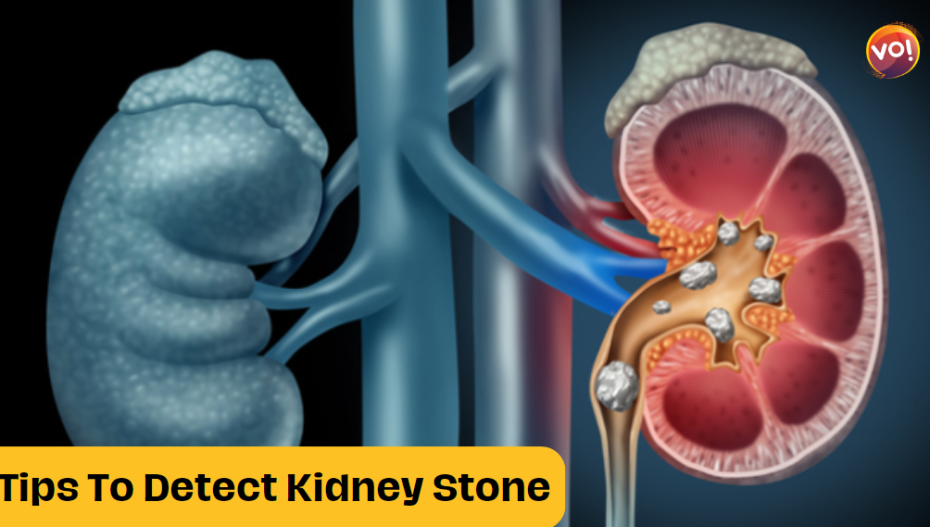Kidney stones, a common health issue particularly among individuals aged 20 to 50, can lead to severe complications if not addressed early. This condition, characterized by the formation of hard mineral fragments in the kidneys, is often caused by factors such as dehydration, obesity, inflammatory bowel diseases, and high levels of protein, salt, or glucose.
While smaller kidney stones can typically pass through urine, larger ones may necessitate medical intervention for removal or fragmentation. Early detection and treatment of kidney stones can prevent serious complications.
Here are five key symptoms that may signal the presence of kidney stones:
- Intense Back or Side Pain: One of the primary symptoms of kidney stones is severe pain in the back or side, which can also radiate to the abdomen and groin.
- Pain or Burning During Urination: The movement of a stone between the ureter and bladder can result in dysuria, a condition characterized by pain or a burning sensation during urination.
- Blood in the Urine: Hematuria, or the presence of blood in the urine, is a common indicator of kidney stones. The urine may appear red, pink, or brown due to the presence of blood.
- Nausea and Vomiting: Individuals with kidney stones often experience nausea and vomiting, which may be due to shared nerve connections between the kidneys and the gastrointestinal tract or as a response to intense pain.
- Fever and Chills: A high fever (100.4˚F or 38˚C or more) accompanied by chills or shivering may suggest an infection in the kidney or other parts of the urinary tract.
Recognizing these symptoms and seeking immediate medical attention can facilitate the early diagnosis and management of kidney stones, thereby preventing potential complications.
Filmfare 2024: Ranbir Kapoor Dedicates His Award to Father and Daughter. Click Here












